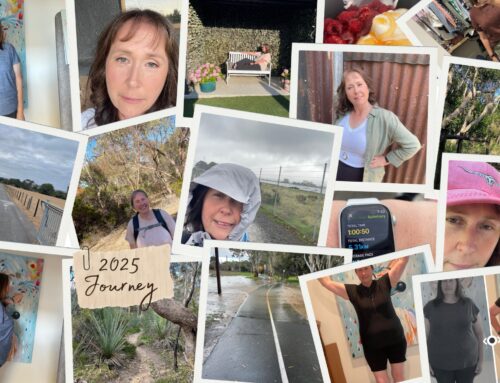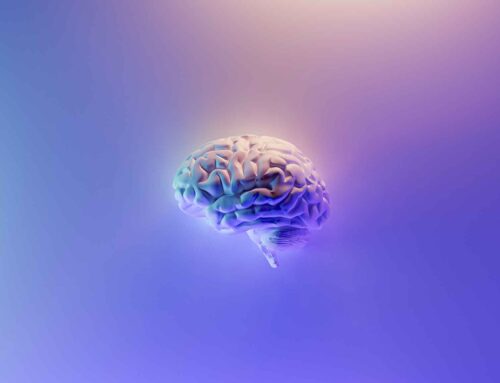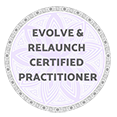Sugar occurs naturally in all foods that contain carbohydrates, such as fruits and vegetables, grains, and dairy. Sugar the no so sweet truth.
A high proportion of people are consuming sugar from soft drinks, fruit drinks, flavoured yogurts, cereals, cookies, cakes, chocolate’s, and most processed foods. But added sugar is also present in items that you may not think of as sweetened, like soups, bread, cured meats, baked beans, flavoured coffees and many popular sauces.
Do you think you don’t have a sweet tooth, but crave bagels, chips, or fatty foods? Starchy foods are complex carbs that our body breaks down into simple sugars. Eaten without better foods, starches can make blood sugar surge and crash the same effect sugar has. White rice and white flour also do this. Highly refined starches like white bread, biscuits sweet and savoury and pasta are the worst.
Ever heard of Bliss point?
Bliss point was named by a US market researcher and psychoanalyst, Howard Moskowitz. It’s when the ratio of sweetness or saltiness or richness becomes most irresistible. The right ratio triggers the rewards centres in our brain, giving us a little dopamine kick, which then keeps the cycle going.
While the idea of the bliss point might suggest treats such as biscuits and chips, it’s also being applied in foods seen as healthy, but which are still highly processed. As we are starting to look more at what we put in our bodies, the processed food industry is now scrambling to make their products seem healthier. I am sure you have seen the advertising.
Obesity has become a massive health care burden, increasing disease, and lowering life expectancy. Obesity is a major risk factor for cardiovascular disease, type 2 diabetes, and some cancers. Statistics from the Australian Institute of Health and Welfare (AIHW) show that in 2017-2018, 1 in 4 (25%) children/teens aged 2-17 and 2 in 3 (67%) adults were overweight or obese. They also note that their data on death related to obesity is underdeveloped. So, the full impact is unknown. (Overweight & obesity Overview – Australian Institute of Health and Welfare, 2020)
Excess sugar can impair both our cognitive skills and our self-control. For some people, just having a little sugar stimulates a craving for more. Your brain may see sugar as a reward, which then drives you to eat more. Sugar has been found to have drug-like effects in the reward centre of the brain. Scientists have researched and proposed that sweet foods, can produce addiction-like effects in the human brain, activating the loss of self-control, causing overeating, and as a result weight gain.
In a review done on rats, they found with periodic access to food and sugar solution, there was evidence that sugar can be addictive. (Avena, Rada and Hoebel, 2008)
Other names for Sugar – there may be more, this is what I have found. Sugar Alternative Names (click to download)
Do you want to reduce your sugar intake? Try cutting out one sweet food from your diet each week. For example, pass on dessert after dinner. The next week stop the 3pm chocolate bar, have a herbal tea or bone broth instead.
You don’t have to give up sweetness. Just get it from other sources. Try fresh berries or make your own healthier version of chocolate.
Remember there are healthier versions of sugar like rapadura, honey or maple syrup, it’s the over consumption that is really harming us!
Actions items:







